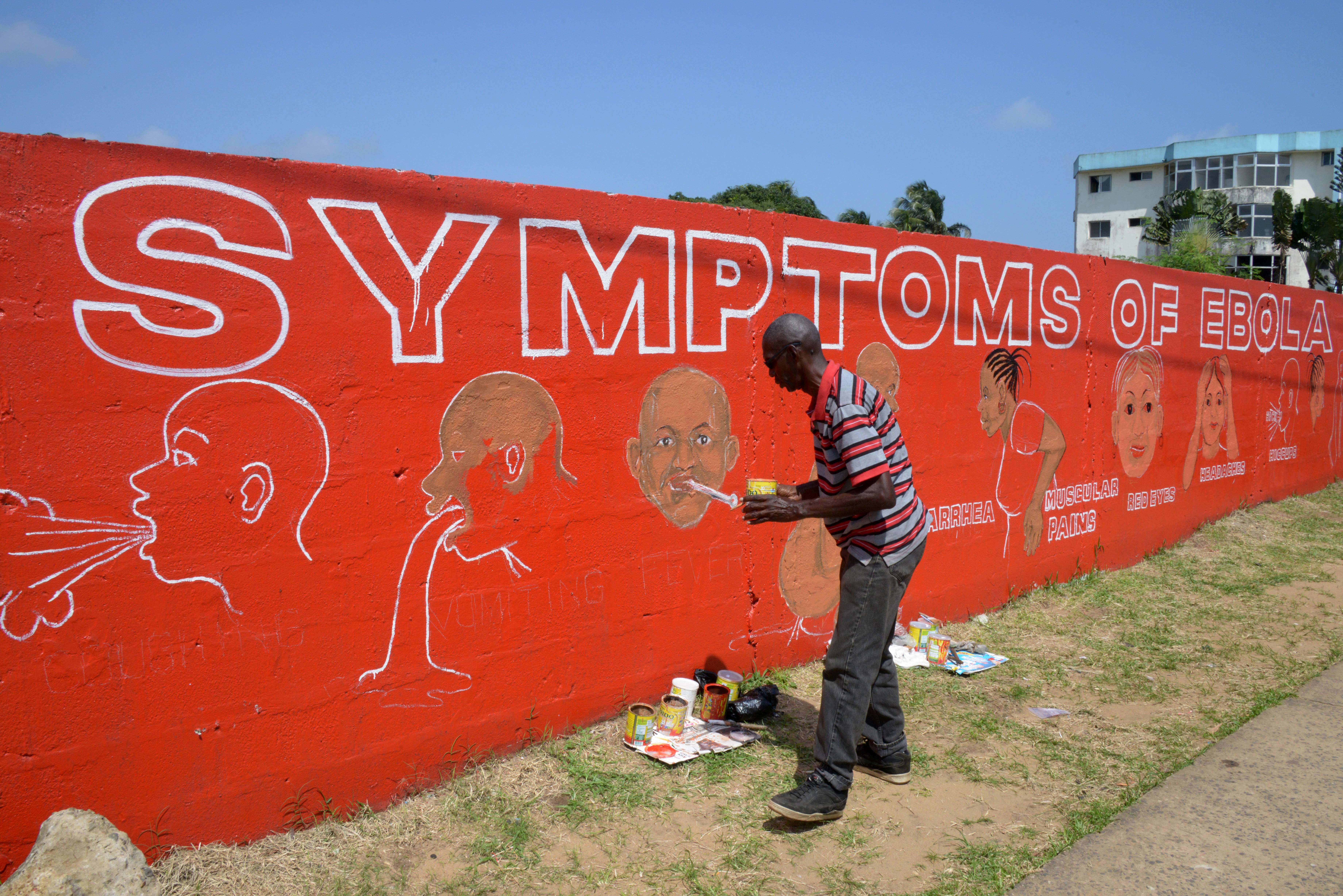On Monday, September 28th, 2009, Guinea’s security forces opened fire on 50,000 demonstrators, killing over 150 people and injuring more than 1,200 in the capital, Conakry. The protesters were asking for the leader of Guinea’s military junta, Captain Moussa Dadis Camara, to step down after he suggested he would be running in the upcoming presidential elections. Capt. Camara took over in a military coup in December 2008 after the death of longtime president Lansana Conte.
According to several sources, the attacks were organized by army officers and supervised by members of the Presidential Guard. Witnesses also told Amnesty International that several women were publicly raped by the soldiers and that some of the demonstrators, including women, had been arrested during the demonstration and were still being held by the security forces.
This is what one demonstrator told Amnesty:
The soldiers ripped the skirts off the women, leaving them naked. They hit them with truncheons and Kalashnikovs. I saw two soldiers throw a woman on to the ground and publicly rape her in view of the demonstrators. I was afraid.
This is not the first time Guinea’s security forces have been accused of using indiscriminate forces against civilians. Just last year, during protests against the rising cost of basic commodities, at least five people were killed and 20 were injured as security forces turned against the protestors.
In 2007, a Commission of Inquiry was set up by the government to investigate grave human rights violations committed in 2006 and 2007, a commission which has yet to conduct any investigations and is continually hampered by a lack of political will to let it do its job. This is why Amnesty is asking for an international commission of inquiry to look into this new wave of human rights violations to ensure justice for all of the victims.
Both the United Nations and the US government have condemned the actions of the Guinean security forces. The UN High Commissioner for Human Rights, Navi Pillay, has even asked for an independent Commission of Inquiry. But given the lack of political will in Guinea to support commissions of inquiry in the past, it is absolutely necessary for the international community to ensure that an international commission of inquiry is implemented as soon as possible.
For more information on the situation in Guinea:
Juliette Rousselot contributed to this blog post

